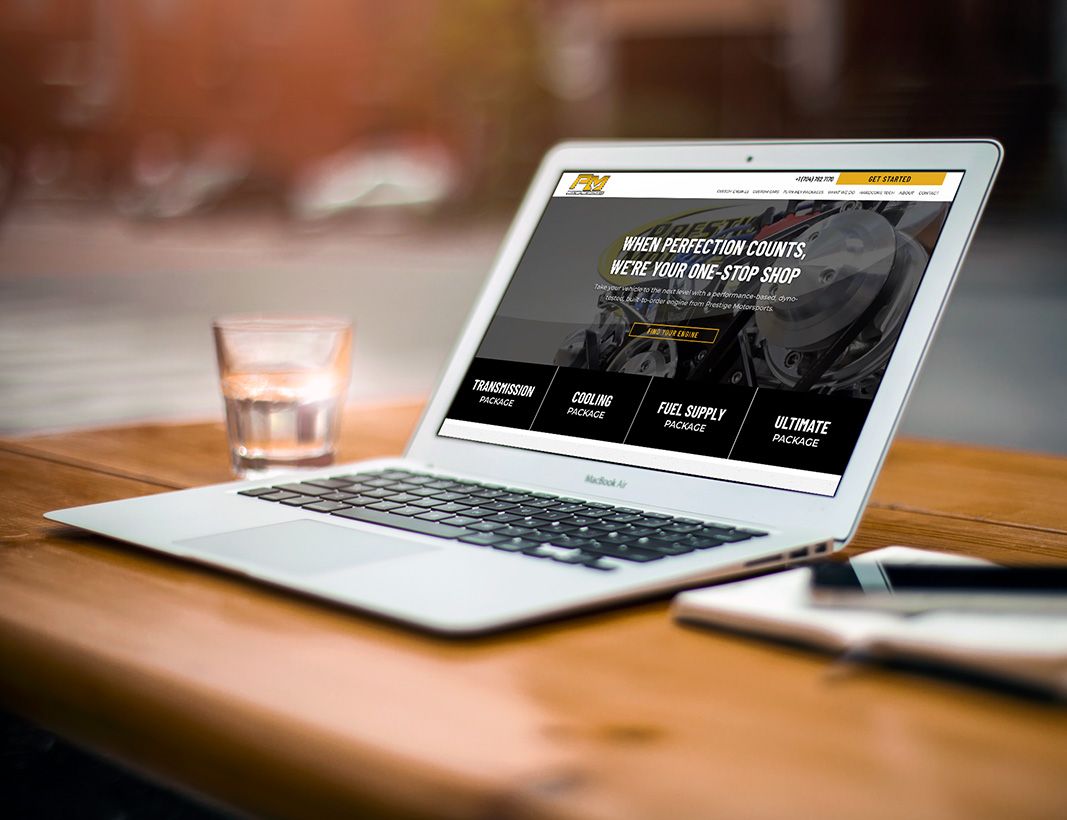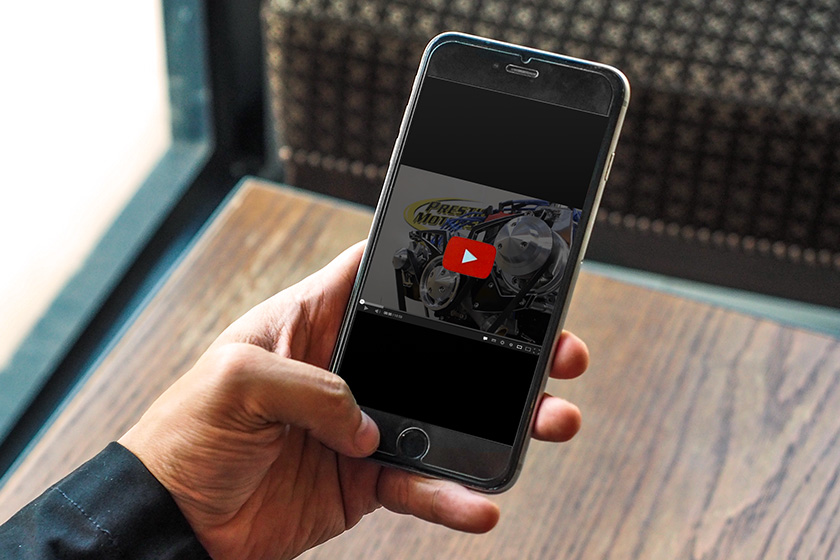PPC continues to be one of the most consistent and efficient forms of Internet marketing for businesses of all sizes. Here at enCOMPASS Agency, we know PPC is the MOST effective form of advertising, if implemented properly. We do not just say it works; we see it work every day for our clients.
When I say “work”, I mean it leads to conversions for your company. A conversion may be a phone call, a completed web form submission, an online purchase, or any other action that leads to achieving your company’s goals. For me, PPC isn’t about click-thru-rates (CTRs) or how many people see our clients’ ads (although those are important in achieving the overall goals). PPC is about our clients getting conversions that help their businesses grow.
As the founder of enCOMPASS Agency, I want to share with you my own opinion on PPC, and a little about my history in marketing, to explain why I personally believe PPC is the most efficient and effective form of advertising available today.
Why I Believe in PPC Advertising
Pay-per-click is the only form of advertising where your advertisement does not show up until a consumer raises their hand and says, “I’m looking for what you are trying to sell.” These consumers “raise their hands” through online searches on (mostly) Google, Bing, and Yahoo.
PPC is incredibly cost effective because you do not pay until those consumers see your ad AND click on it. You pay nothing until consumers take action on your advertisement. With other advertising outlets, such as TV, radio, and print, you must pay for the advertisement up front and hope for the best.
My Marketing Background
Before I founded enCOMPASS Agency, I worked for one of the largest agencies in the world that invested heavily in traditional advertising to sell cars, trucks and SUVs. As a marketing team, we knew when our ads ran in traditional outlets, ONLY 5% of people who saw them would be in the market for our products at that time. 15% of that audience would be in the market for those products over the next six months. That left a whopping 80% of people who saw the ads but were not in the market for what we were trying to sell. That 80% who saw the ads without taking action was considered “branding” because they might eventually (7+ months out) want our products. While this advertising strategy kept the company’s name highly visible in the market, by most standards 80% of the ad budget was wasted.
For traditional advertising outlets, these percentages were not bad; they were just the facts with which we worked. Similar statistics are found today for any mass media buy, which means many companies are still wasting 80% of their ad budgets.
So What Makes PPC so Great?
PPC is highly cost effective because there are no wasted advertising dollars. If created and implemented correctly, your PPC ads will only show up for people who are:
- Ready to buy your products and/or services.
- Actively searching online for a solution your products and/or services provide.
Unlike any other form of advertising, you do not pay for the ad to be seen. You only pay once that shopper reads your ad, decides it provides the solution they need, and TAKES ACTION on it, by clicking on the ad!
But how do you create and implement a successful PPC campaign?
Plan for PPC Success
PPC ads begin to show up almost instantaneously after you set them to run. While that is part of the PPC appeal (instant advertising), it often leads to poorly performing campaigns. Rushing through PPC planning to get the campaign launched will almost always lead to disappointing results.
You know what they say – fail to plan, plan to fail. A successful PPC campaign begins with investing time and/or money to plan every detail. The process for running effective PPC campaigns can be summarized in 10 basic phases, listed below.
Phase 1: Keyword Research – identifying terms for the campaign.
Phase 2: Budget Strategy – determining how you will bid on those terms.
Phase 3: Geo-Targeting – deciding on the geographical area you will target.
Phase 4: Selecting Search Engine Publishers – determining where your ads show up online.
Phase 5: Writing Ad Content – producing the words consumers will see in your ads.
Phase 6: Tracking Platform Mechanics – setting up how you will track the campaign.
Phase 7: Launch – going live with the campaign.
Phase 8: Test Variations – using ad variations to determine what performs the best.
Phase 9: Review Results – studying data to determine what works, and what does not.
Phase 10: Adjust Campaigns – making slight changes, based on results, to improve conversions.
Phases 1-6 occur before the campaign launches. Our PPC Pre-Launch Strategy Guide describes those phases in further detail. Once launched, testing, reviewing, and adjusting your campaigns become your focus. Phases 8-10 ensure the highest possible conversion rate for your company’s PPC campaign.
PPC Works, Period.
Some say PPC does not work, but I disagree. I’ve seen it work (lead to conversions) repeatedly for all of our PPC clients. Your company can experience similar results. If you invest in the process, PPC will be the most cost-effective advertising your company pursues.
SHARE THIS ARTICLE:



